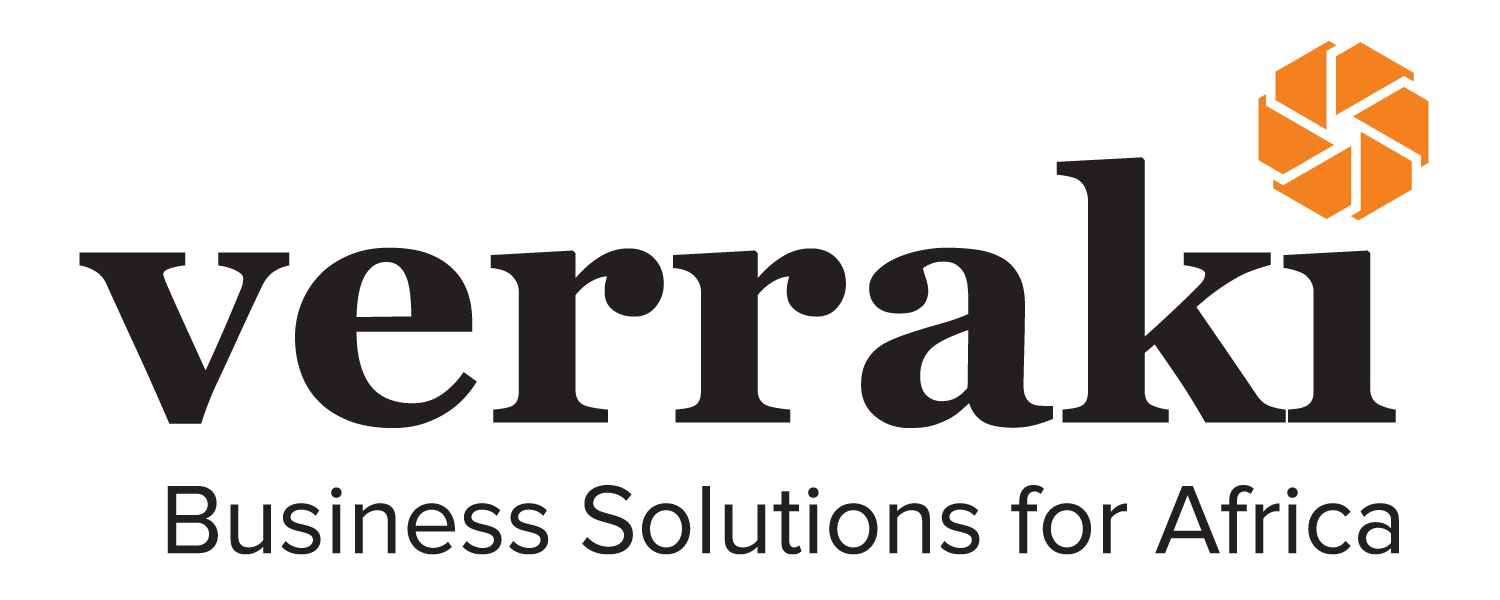
In Summary…
• Prices of goods and services have been on an uptrend in Nigeria as inflation for July 2023 came in at 24.08%, the highest recorded in decades. This has implications for consumers and businesses.
• Main drivers of the recent inflationary pressures are the hike in food prices, expansionary monetary and fiscal policy, Naira depreciation and of course the removal of subsidies on refined petroleum products.
• Not all inflation is bad; but when price increases get out of control, it affects just about every area of a business, including the ability of managers to plan.
• We expect inflation to peak in 2023, before a decline to below 20% in 2024. In the interim, businesses can renegotiate contracts and change product pricing model in the short run. Long-term strategies would entail backward integration, digital transformation, amongst other strategic initiatives.
How does inflation affect Nigerian businesses?
Not all inflation is bad; but when price increases is out of control, it affects just about every area of a business, including the ability of managers to plan. In simple terms, inflation translates to higher utility costs, higher energy (diesel, petrol, etc.) cost, higher equipment cost, rent or lease increases, greater transportation costs, and lesser quality of life for the employees as their purchasing power reduces. It also does force customers to curtail their planned spending, which could imply loss of business opportunities. The recent inflation trend in Nigeria is clearly not healthy and hurts businesses in the below ways and more:
• Operating expenses: Increase in the operating expenses has become inevitable. This is driven by the jump in energy costs (particularly diesel and petrol), rent and employee wages. Businesses would have to adjust their budget to accommodate these increases.
• Profit margins: Profitability will come under intense pressure in 2023 as inflation causes costs to soar. This is particularly true for small and medium-sized enterprises (SMEs) that might lack the negotiating power that larger corporations have.
• Borrowing costs: In May 2023, the CBN raised its benchmark lending rate by 500bps to 18.5%, in an aggressive push to contain the nation’s inflationary pressure. This would imply higher borrowing costs for businesses, making it more expensive to finance operations, expansion, and investments.
• Business investment: Inflation elevates uncertainty which impacts business investments. Businesses might delay or cancel capital projects, expansions, and other growth initiatives due to concerns about the challenging economic environment.
What can Nigerian businesses do to remain resilient in the short and long-term?
Coping with persistent inflation can be challenging for businesses, especially when other headwinds in the operating environment limit the room for necessary adjustments. Adaptability and proactive measures are crucial for businesses to maintain their resilience and continue to thrive in an inflationary environment. We expect inflation in Nigeria to peak in 2023, before a decline to below 20% in 2024. In the interim, businesses must explore strategies that can help them mitigate its impact and maintain their operations and profitability in the short and long-run. Amongst these are contract renegotiation, reduction of discretionary spending, product pricing adjustments, etc. In the long-term, strategies such as backward integration, digital transformation and energy transition has proven to be very effective.

